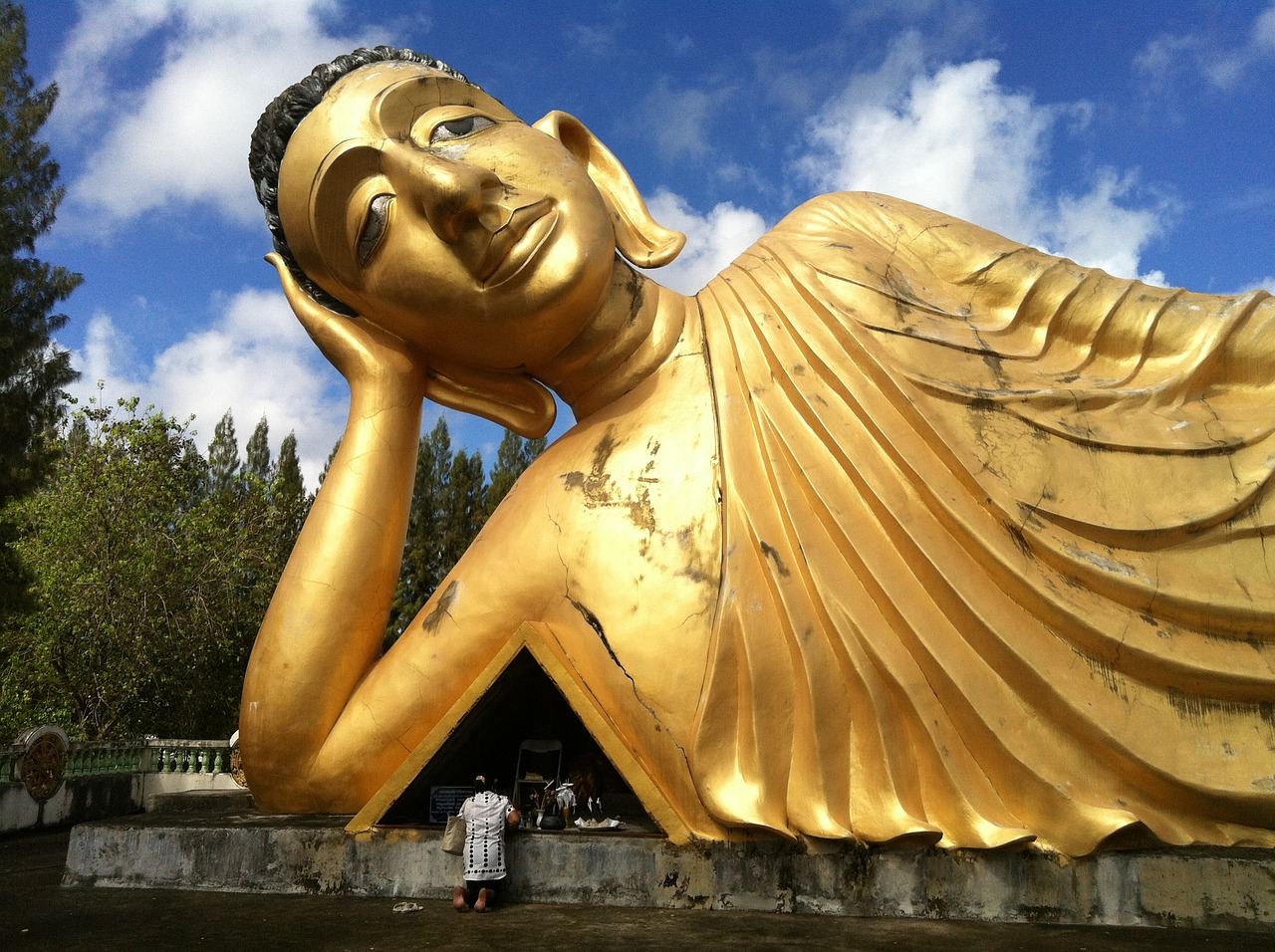Paris syndrome is often defined as a “state of severe culture shock”.
Physical and psychological symptoms when Paris fails to live up to expectations have been known to include hallucinations, a rapid heart rate, dizziness and nausea.
When did it first appear?
The late 20th-century disorder was named by a psychiatrist, Hiroaki Ota, in the 1980s.
It is thought a combination of factors explains why victims of the syndrome are almost exclusively Japanese. These are the Parisian picture of perfection in Japanese pop culture, a tricky language barrier and harsh cultural contrasts, to name just a few.
Several Japanese tourists have been admitted to psychiatric clinics for treatment in extreme cases since the early 2000s.
Is it real?
Yes – although it is rare.
Around 20 Japanese tourists are afflicted by the ailment each year. Unconfirmed reports even claim that the Japanese embassy in Paris has a 24-hour emergency hotline for those suffering from genuine symptoms of shock related to travel trauma.
Is it exclusive to Paris?
Similar psychiatric symptoms have been known to strike tourists visiting Jerusalem. Triggered by the proximity of holy places, a psychotic state of paranoia can afflict travellers and pilgrims in the city, often linked to an intense religious experience.
Elsewhere, in Florence, holidaymakers overcome by the Italian city’s art and architecture may experience Stendhal syndrome – paranoia and palpitations brought on by the historic significance and beauty of what they see before them.
How to avoid Paris syndrome?
Remember, Paris suffers the same flaws as most cities (London included). Removing the rose-tinted glasses to embrace the reality of overcrowded tourist zones and aloof attitudes from locals could help to combat potential disappointment.



